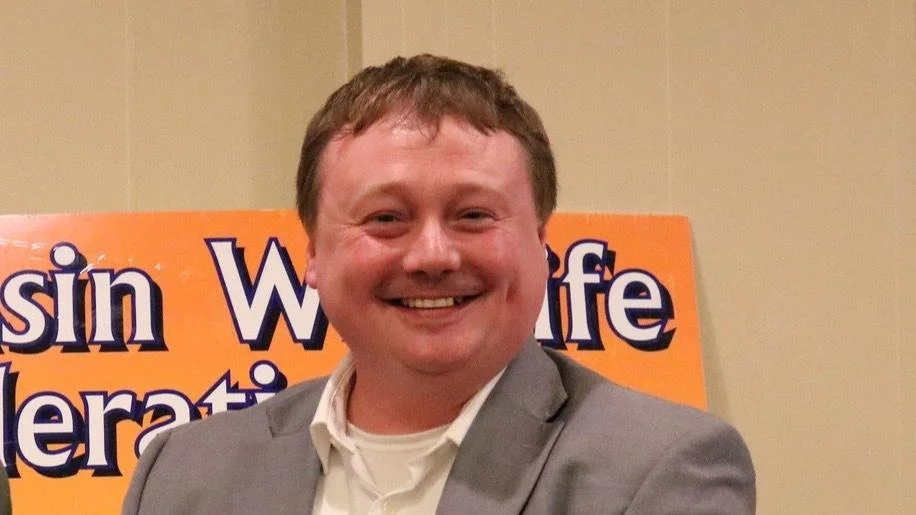Chanz Green, Wisconsin State Representative for 74th District | www.facebook.com
Chanz Green, Wisconsin State Representative for 74th District | www.facebook.com
According to the Wisconsin State Legislature's official website, the bill was described as follows: "changes to the low-income housing tax credit. (FE)".
The following is our breakdown, based on the actual bill text, and may include interpretation to clarify its provisions.
In essence, the bill amends the administration and allocation of low-income housing tax credits by the Wisconsin Housing and Economic Development Authority. It mandates that, starting Jan. 1, 2025, at least 35% of tax credits must be allocated to projects in rural areas, defined as locations with a population under 10,000 and at least 10 miles from a larger community. It lifts the requirement for tax-exempt bond financing in qualifying projects and allows insurers who are shareholders, partners, or LLC members to claim the credit based on their proportional ownership or via written agreement. These changes first apply to taxable years from Jan. 1, 2025.
The bill was co-authored by Senator Romaine Robert Quinn (Republican-25th District), Representative Mike Bare (Democrat-80th District), Representative Russell Goodwin (Democrat-12th District), Representative Rick Gundrum (Republican-58th District), and Representative Brent Jacobson (Republican-87th District). It was co-sponsored by Senator Tim Carpenter (Democrat-3rd District), Senator Kristin Dassler-Alfheim (Democrat-18th District), and Senator Jodi Habush Sinykin (Democrat-8th District), along with 13 other co-sponsors.
Chanz J. Green has co-authored or authored another 38 bills since the beginning of the 2025 session, with none of them being enacted.
Green graduated from Northwood Technical College.
Green, a Republican, was elected to the Wisconsin State Assembly in 2023 to represent the state's 74th Assembly district, replacing previous state representative Beth Meyers.
In Wisconsin, the legislative process starts when a senator, constituent, group, or agency proposes an idea for a bill. After drafting, the bill is introduced, numbered, and referred to a committee for review and public input. If approved, it moves through three readings and votes in both the Senate and Assembly. Once both chambers pass the same version, the bill goes to the governor, who can sign it, veto it, or let it become law without a signature. Only a small share of bills introduced each session ultimately become law. You can learn more about the Wisconsin legislative process here.
| Bill Number | Date Introduced | Short Description |
|---|---|---|
| AB182 | 04/15/2025 | Changes to the low-income housing tax credit. (FE) |
| AB181 | 04/15/2025 | County forest administration grant eligibility |
| AB161 | 04/04/2025 | Governmental restrictions based on the energy source of a motor vehicle or other device |
| AB83 | 02/28/2025 | Governmental restrictions based on the energy source of a motor vehicle or other device |
| AB59 | 02/24/2025 | The use of federal capitalization grant funds for lead service line replacement. (FE) |
| AB9 | 02/06/2025 | Allowing representatives of certain federally chartered youth membership organizations to provide information to pupils on public school property |


 Alerts Sign-up
Alerts Sign-up